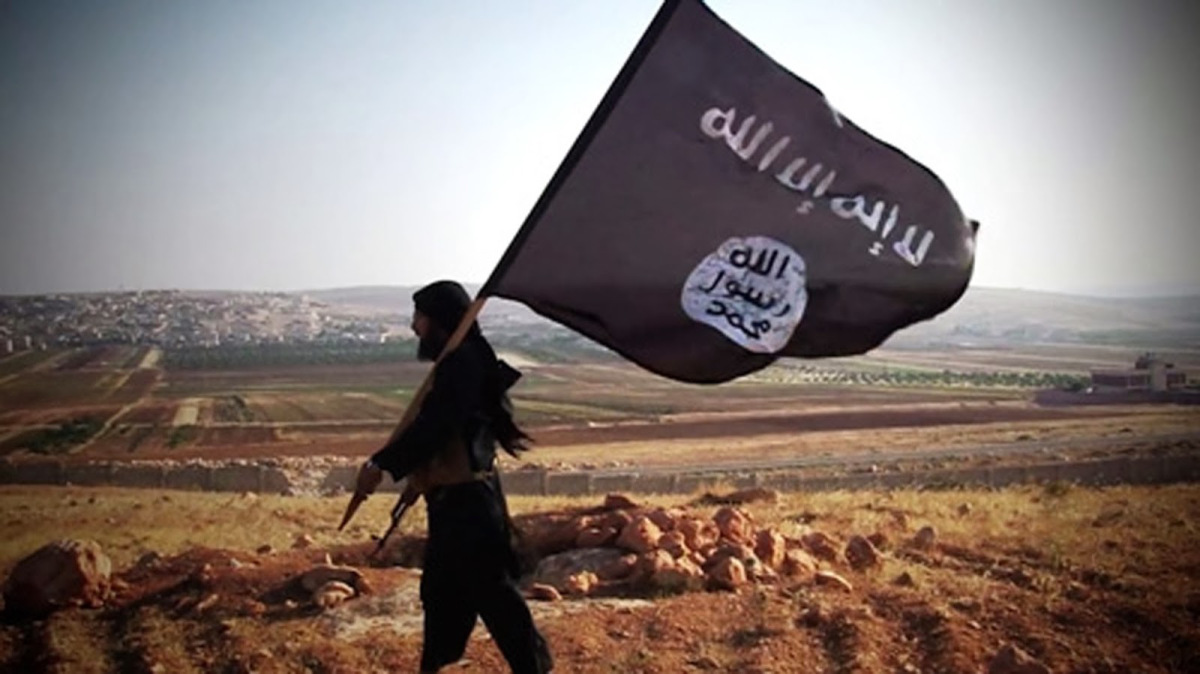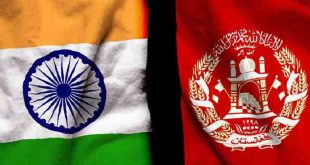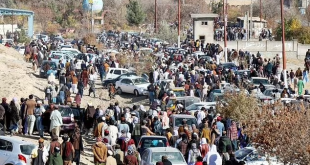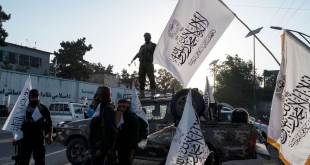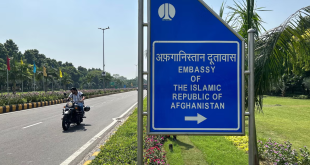After the US-led coalition forces ended their combat operations last year in December, reports about emergence of Daesh or the Islamic State had surfaced. Unfortunately, the reports were not taken seriously and the authorities have turned a blind eye to emergence and spread of Daesh. Growing power of the IS in the already-troubled Afghanistan is not only posing threats to Kabul, but to the neighboring countries as well. Since it has been confirmed by the Central Asian states, the US and the Afghan government that the much-feared terrorist group is taking deep roots in the country, therefore, the regional and world players should accelerate their efforts to eliminate Daesh.
The US Defense Secretary Ashton Carter, who visited Afghanistan recently, has termed existence of the multinational terrorist organization a great concern for the Obama-administration. Although, he vowed to prevent the group from posing security threats, but the fact is that Daesh has made inroads in Afghanistan in the very presence of the well-sophisticated foreign forces. The result is that IS has become a roaring raging beast now in eastern provinces of the country, especially Nangahar where it is brainwashing and warning people through airwaves.
Daesh is transmitting hours of extremist propaganda in Jalalabad via its so-called “Voice of the Caliphate” radio program. The IS also issues fatwas or the rulings to prove that it has dominated the scene and that one could challenge it. To some extent Daesh is right in its claims because the government has failed to eliminate them. No matter what the security authorities claim but it is reality that the IS has grown and flexing its military muscles to bring more areas under its control. If the government’s security policies have been productive then the terrorist group will not have aired its extremist programs.
Building a radio station requires handsome amount of money and technical expertise. Moreover, risk of being targeted by security forces is higher. That’s why the Taliban have transmitters in different cities but they change the locations frequently. When it comes to turf war between the Taliban and Daesh, the latter is thumping its chest as the former has lost its horns in the recent clashes in Nangarhar.
Certainly, it is outcome of the government and international partners’ policies that have emboldened the terrorist group. Many Afghan and the US security officials did not take the presence of Daesh seriously. If they had, the threat would have been nominal now. There is no good in burying heads in the sand. It will be too late to deal with the global terror group if it was not nipped in the bud, because the group’s ability to strike without any warning has increased.
 Afghanistan Times
Afghanistan Times
